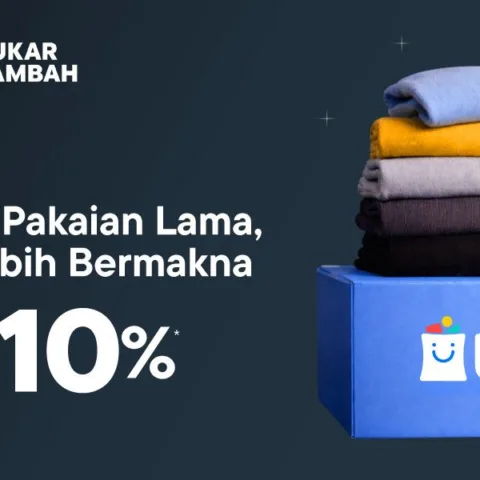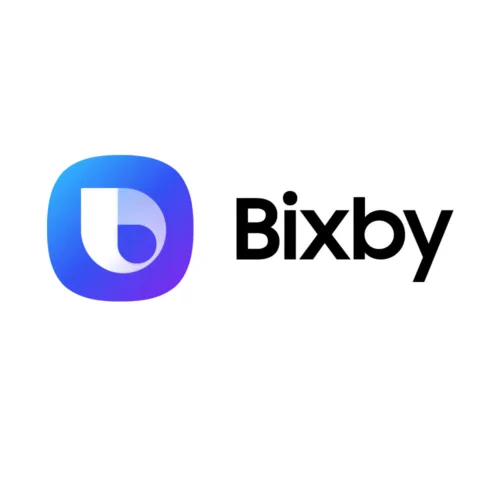 Aria Rajasa is the CEO of gantibaju.com, a clothing startup not dissimilar to Threadless but with a touch of Indonesia and a very strong design community. His passion in entrepreneurship has gotten him to start a number of companies since leaving university
Aria Rajasa is the CEO of gantibaju.com, a clothing startup not dissimilar to Threadless but with a touch of Indonesia and a very strong design community. His passion in entrepreneurship has gotten him to start a number of companies since leaving university
Content is often the most overlooked element of a startup. This usually happens because most founders are techies and techies concentrate on what they know best: Technology. They can tinker days and months perfecting their code, playing with the test unit and scaling the servers like crazy. Yes, playing with technology is awesome but content is King.
Content is where I expect much of the real money will be made on the Internet, just as it was in broadcasting. ~ Bill Gates
But content itself is worthless if it adds no value. Without value, content is just noise and the Internet is full of them! Nobody needs more noise in an already complicated life. To create great content, curation is needed. Curation is what differentiates between noise and great content. It adds value and selects only the most relevant content to specific users.
Fab, a startup that curates and sell design products through a daily newsletter claims to be profitable with $1.3M in revenue after only 30 days. Groupon is the fastest growing company in the world despite having such a low entry barrier in terms of technology. Fab and Groupon curates their contents themselves.
For a local example, let’s look at Fokado.com. The concept is really simple but the way it packages its offers is interesting. It enables us to gift a new experience of fun activities such as DJ lesson for couples or a fencing exercise (remind me to take this one up). Fokado brings a fresh approach in a myriad of Groupon-like businesses.
Self curation has its problem though, Fab.com employs over 90 people to make sure the content is up to par. Groupon has about 10.000 employees around the world. Curating great content is a time and resource consuming work.
Curation works for user-generated content as well. Pinterest comes to mind for this example. Pinterest is so popular is because it has numerous visual content ranging from product design, fashion, beautiful places and other visually interesting images shared by its millions of members. Pinterest curates great content from featured users but the main curation comes from ourselves. We choose what we want to see by following the people that we are interested in.
Zite is also another great example of self-curation. This personalized magazine app for iOS can learn what we like to read by analyzing how we interact with the articles we read. Ranging from the time we spend on articles, to the topics and writers you wish to see more to your likes/dislikes as well. It gets smarter the more you use it. Zite judges great contents as the most relevant content for you personally.
You can also combine self curation and user-controlled curation for a better result. Threadless for example moderates all of the submitted design to maintain the quality of designs entries. After the initial moderation, they let their members decide which ones to print through a voting system.
Lookbook has very thorough restrictions when posting a Look and they will periodically delete all the Looks that does not comply to the rules. They also let people decide trending Looks by letting them “Hype” the looks that they like. Only the highest -rated and most interesting Looks will show up in the front page.
9gag, my favorite humor site took a more user-centric approach and divide the content into 3 different levels: Vote, Trending and Hot. Vote page is where all the new contents go, this is where people vote worthy content to level up to Trending. Trending is where the interesting posts with lots of votes came to be, but the most prestigious page is the Hot page where only the highest-rated posts will be displayed. This gives 9gag a self-curated community although it is not without problems.
So what’s the best way to curate contents? Well there’s no silver bullet on this. You need to learn from existing examples and experiment yourself to find a good balance of curation. Tell us what works for you in the comments.










